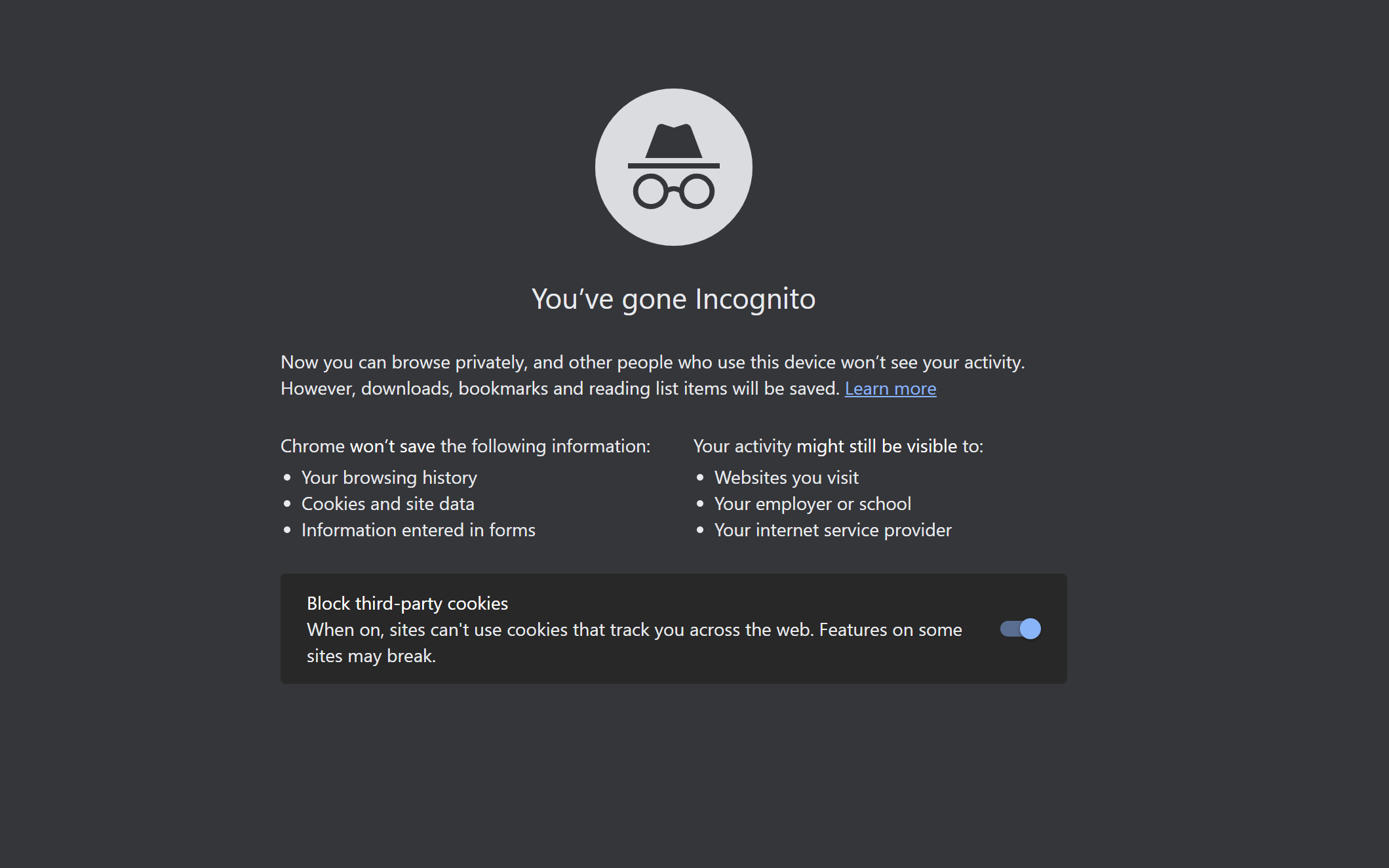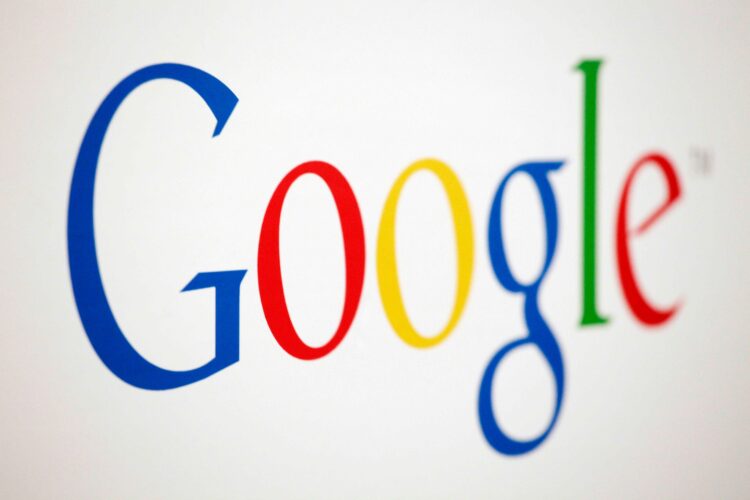Google agreed on Thursday to settle a $5 billion class-action lawsuit accusing the company of spying on users of the Incognito Mode extension for Google Chrome. The federal suit, filed against Google in 2020, claims that millions of users who expected a private browsing experience were secretly tracked by the company’s servers, allowing their data to be sold to third-party advertisers.

According to the case brought against the company, Incognito Mode and similar private browser extensions falsely advertised themselves as completely confidential, leading users to believe that their data would not be tracked. In reality, internal emails between Google executives reveal that Incognito browsing was monitored to measure web traffic and sell ads just like regular internet activity.
Through website cookies and apps, Google and a number of third parties were able to access an “unaccountable trove of information” about users, allowing for more targeted marketing and possibly exposing “potentially embarrassing things.”
Learn the benefits of becoming a Valuetainment Member and subscribe today!
While the full terms of the settlement were not made public on Thursday, the suit originally sought between $100 and $1,000 per plaintiff, of which there may be millions. Had federal courts ruled against Google in the case scheduled for later this year, the payout could have been even higher than the estimated $5 billion settlement.
(RELATED: Google Paid Apple and Samsung for Access, According to DOJ)
The settlement must still be approved by the federal judge assigned to the case, and attorneys for the plaintiffs expect a final ruling by February 24th.
Since the lawsuit was announced in 2020, Google has reportedly been moving away from precision-targeted ads based on user data. The company also took steps to eliminate third-party cookies, promising to have this feature disabled by 2022. This goal went unfulfilled at the time, but Google now vows to complete the effort by the second half of 2024.


















Add comment